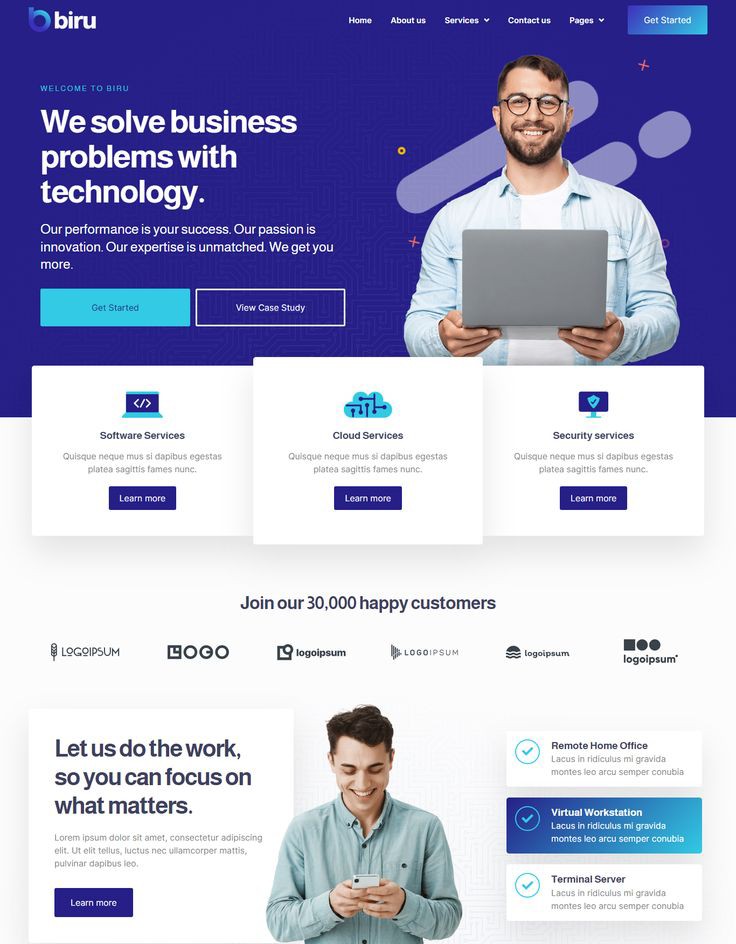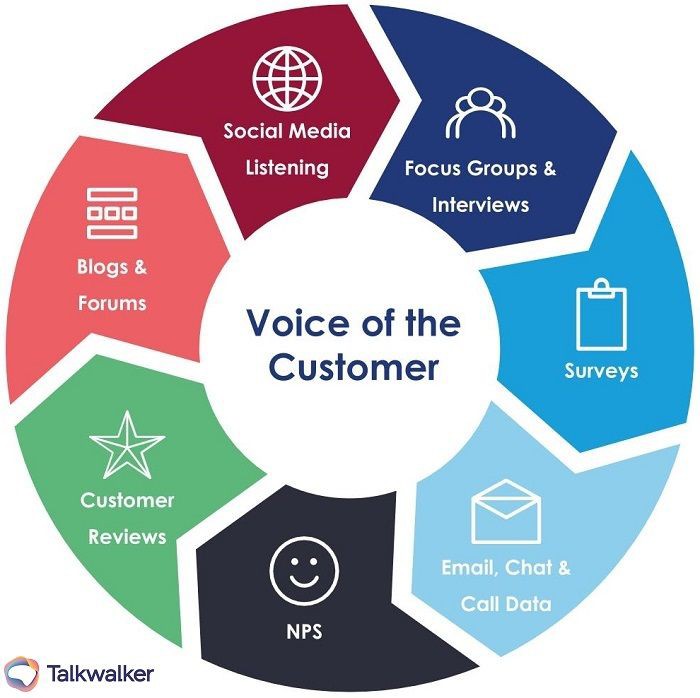“Knowledge is power.” – Sir Francis Bacon
In the business world, the ability to communicate what you offer, how you operate, and the value you bring is critical. Having a central hub of information—a well-structured website—empowers your clients with the knowledge they need to make informed decisions. Much like Bacon’s timeless words, your website becomes the powerhouse where customers come to understand your services, values, and expertise.
Let’s explore why creating a detailed, easy-to-navigate information hub is essential for communicating what you offer and keeping clients in the loop.
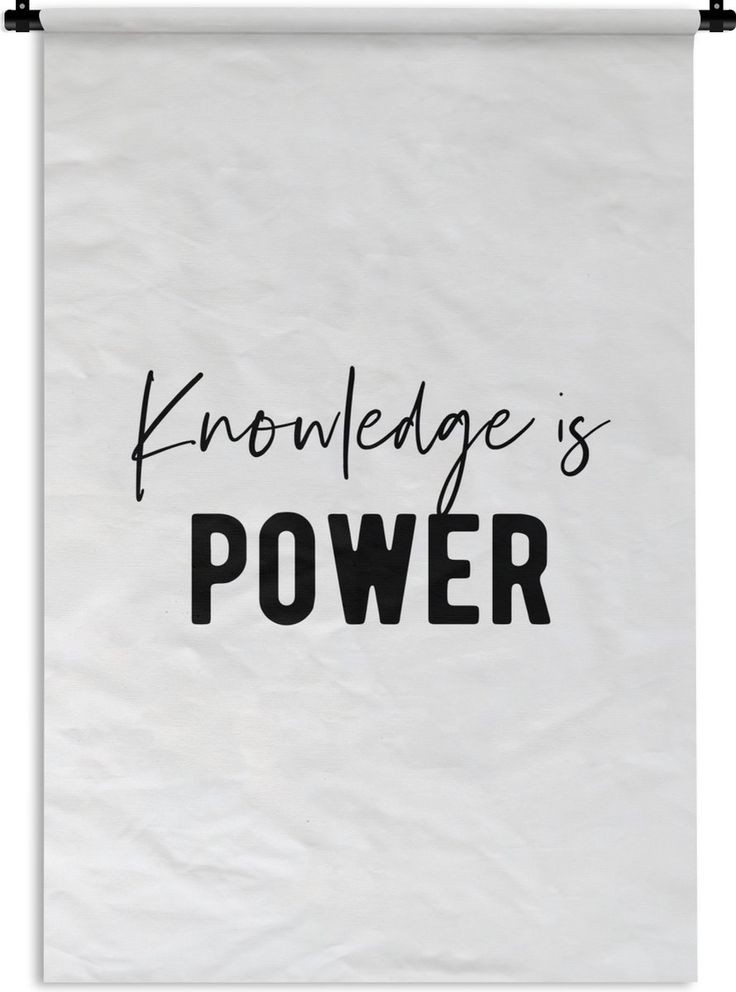
Why Information is the Currency of the Digital Age
Today’s consumer is more informed than ever. Before making any decision, potential clients research extensively—often comparing multiple businesses before choosing one. They want to know everything: what you offer, why you’re different, how you can solve their problems, and whether you’re trustworthy.
Without a comprehensive information hub, you’re leaving potential customers in the dark. Competitors who are transparent, detailed, and accessible are capturing those leads. This is where your website becomes indispensable, acting as the ultimate resource for answering all of their questions.
Centralizing Your Services and Solutions
At the heart of your information hub should be a clear presentation of your services. Your website must act as a comprehensive source, clearly outlining what you do. Break down your offerings, whether it’s products, consultations, or specialized services, into digestible sections. Clients should be able to easily understand:
What services you provide
Who you cater to
How you deliver your services
What sets you apart from competitors
By centralizing all this information, you’re ensuring that visitors aren’t left guessing or needing to call for details—they get everything they need right there.
Establishing Trust Through Transparency
When potential customers land on your website, trust is a key factor in whether they’ll do business with you. A well-structured information hub that offers transparency helps build this trust. Think about including:
Detailed service descriptions
Clear pricing models (if applicable)
Your business philosophy and mission
Customer reviews and testimonials
People want to know who they’re dealing with. The more information you provide upfront, the more comfortable potential clients will feel reaching out or making a purchase.
Showcasing Expertise and Authority
A powerful information hub goes beyond listing your services—it positions you as an expert in your field. By including educational content such as blog posts, how-to guides, industry insights, or case studies, you’re not just telling potential clients what you offer—you’re showing them that you’re a knowledgeable authority.
For example, if you run a web design agency, offering tips on what makes a good user experience not only educates your audience but also demonstrates your expertise. This kind of content turns your website into a resource clients can return to for advice, making you their go-to when they’re ready to invest in professional help.
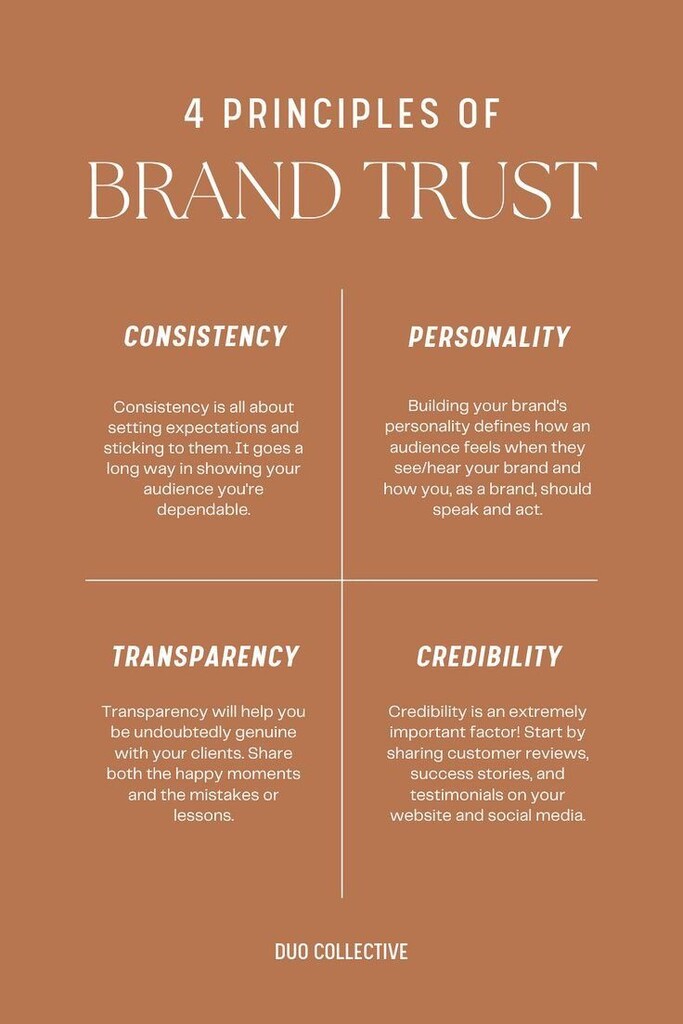
FAQs: Anticipating Client Questions
Part of creating an effective information hub is anticipating the questions your clients might have. A robust FAQ section can be a goldmine for both you and your clients. Not only does it save you time answering the same questions repeatedly, but it also streamlines the decision-making process for visitors. Common topics to cover include:
What’s your turnaround time?
What’s included in your service packages?
Do you offer custom solutions?
How can I contact you for more information?
By addressing these concerns early on, you’re reducing friction and making it easier for clients to move forward with confidence.
Interactive Features for Better Engagement
Having an information hub doesn’t mean it has to be static. Consider incorporating interactive features that let your clients engage with your business more directly. Some examples include:
Service calculators – Allow potential clients to input their needs and get an estimate or recommendation.
Live chat – Enable instant customer service to clarify questions and resolve concerns quickly.
Interactive forms – Make it simple for clients to request quotes or book consultations directly through your site.
These tools not only make your information more actionable but also improve the overall user experience, making it more likely that potential clients will stick around.
Highlighting Unique Selling Propositions (USPs)
One of the key reasons clients visit your site is to understand why they should choose you over your competitors. Your information hub needs to clearly and consistently highlight your unique selling propositions. Are you more affordable? Do you offer exclusive services? Do you have a track record of delivering fast results?
Be sure that this information is woven throughout the site. It should be easy for customers to see at a glance what sets you apart and why you’re the best fit for their needs.
Keeping Clients Updated with Fresh Content
A great information hub isn’t static; it evolves. Make sure to regularly update your website with fresh content, whether that’s new blog posts, recent client testimonials, updates to your services, or industry news. This not only keeps your site dynamic but also signals to search engines (and your audience) that your business is active and engaged.
Having a blog is a fantastic way to keep your audience informed about your latest offerings, tips, and industry trends. Think of your blog as a news channel for your business—a place where clients can learn what’s new and how you’re continuing to meet their needs.

Conclusion: Empower Your Clients with Knowledge
In a world where information is power, having a centralized, well-organized website is essential to staying ahead of the competition and serving your clients effectively. By creating an information hub, you ensure that potential customers have everything they need to make informed decisions. You build trust, showcase expertise, and ultimately, make it easier for clients to choose you.
Your website is not just a digital storefront—it’s a comprehensive resource that educates, informs, and empowers your audience, setting the stage for stronger relationships and lasting success.
FAQs
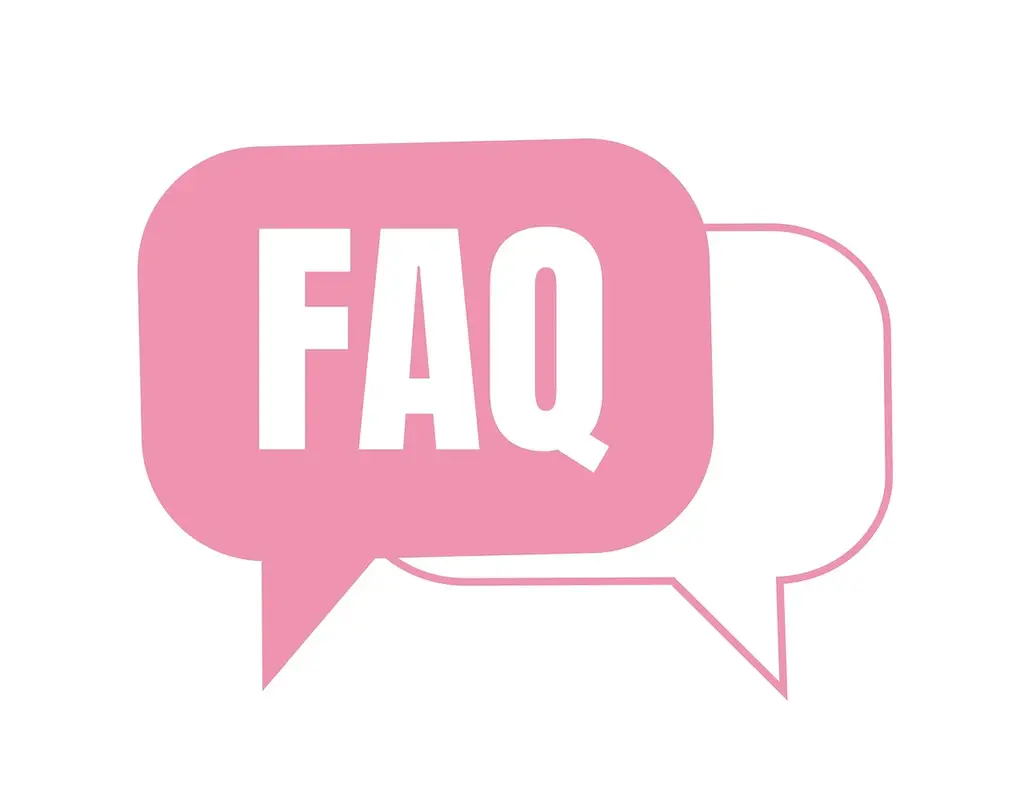
- How often should I update my website content?
Regularly! At least once a month, you should be adding fresh content or updating existing pages to keep things current and relevant. - What’s the most important information to include on my site?
Make sure to clearly present your services, contact information, and unique selling points. Visitors should understand who you are, what you offer, and why they should choose you. - Is a blog really necessary?
While it’s not mandatory, a blog is an excellent way to engage your audience, improve SEO, and position yourself as an expert in your field. - How can I make my website more engaging?
Use interactive features like calculators, live chat, and engaging visuals. Keep the layout clean and ensure navigation is simple and intuitive. - What if I don’t have the time to manage my site?
You can always hire a professional web designer or content manager to keep your site updated, ensuring it remains a valuable resource for your clients.



